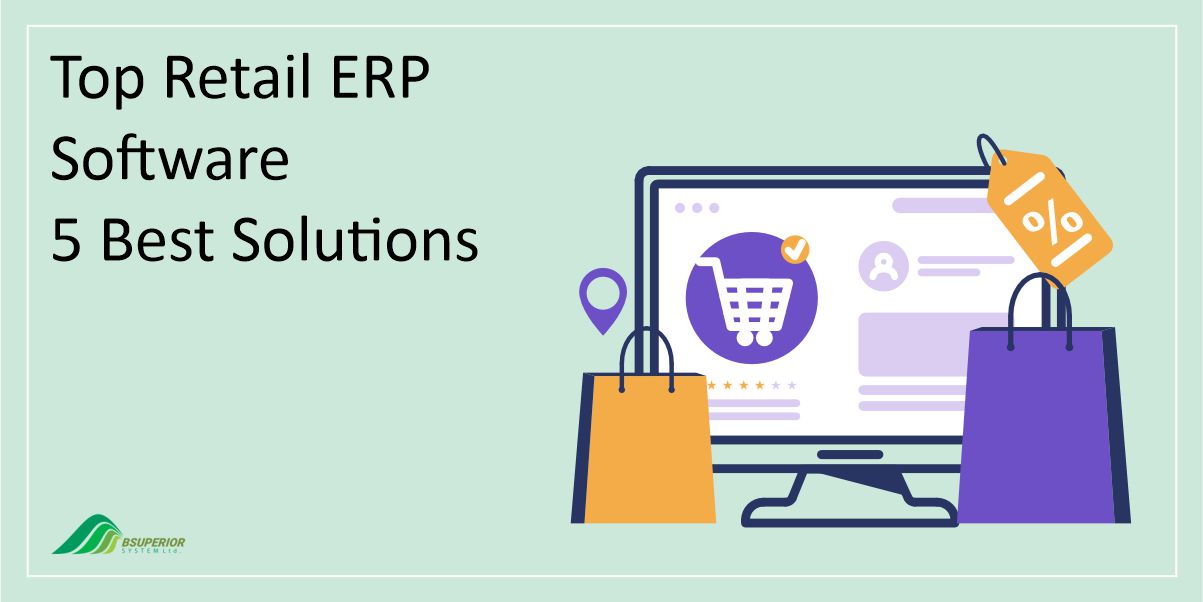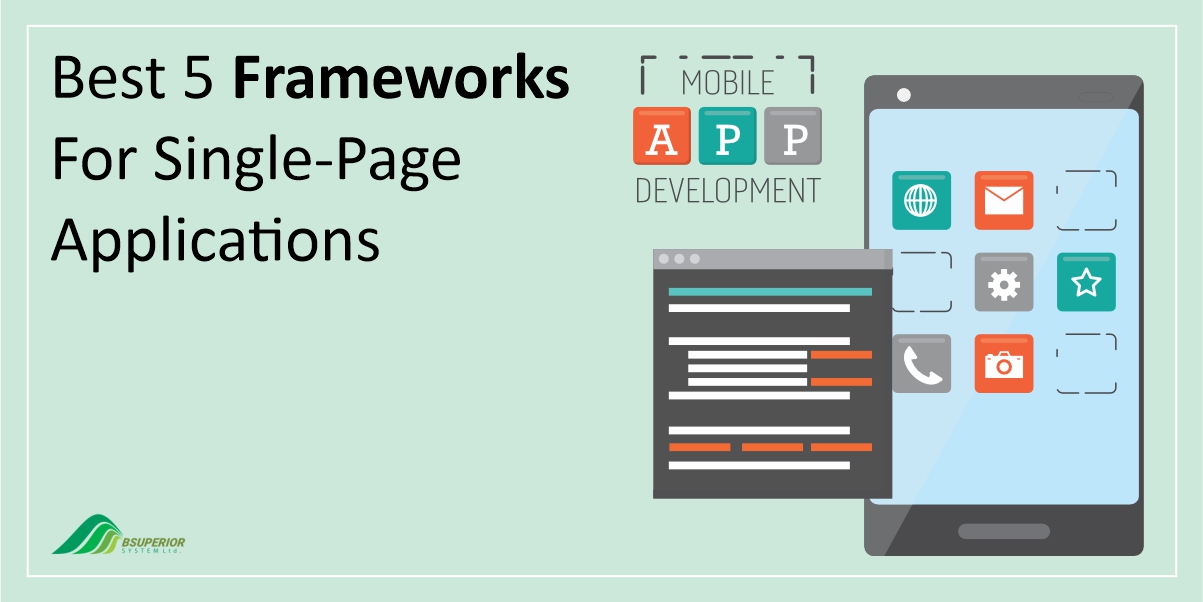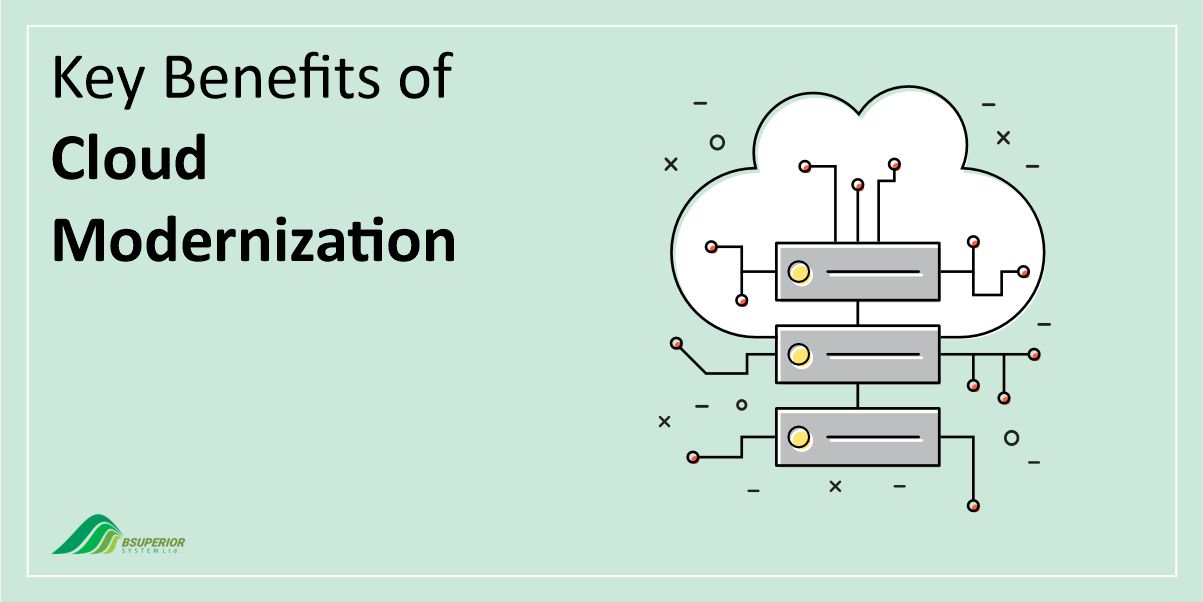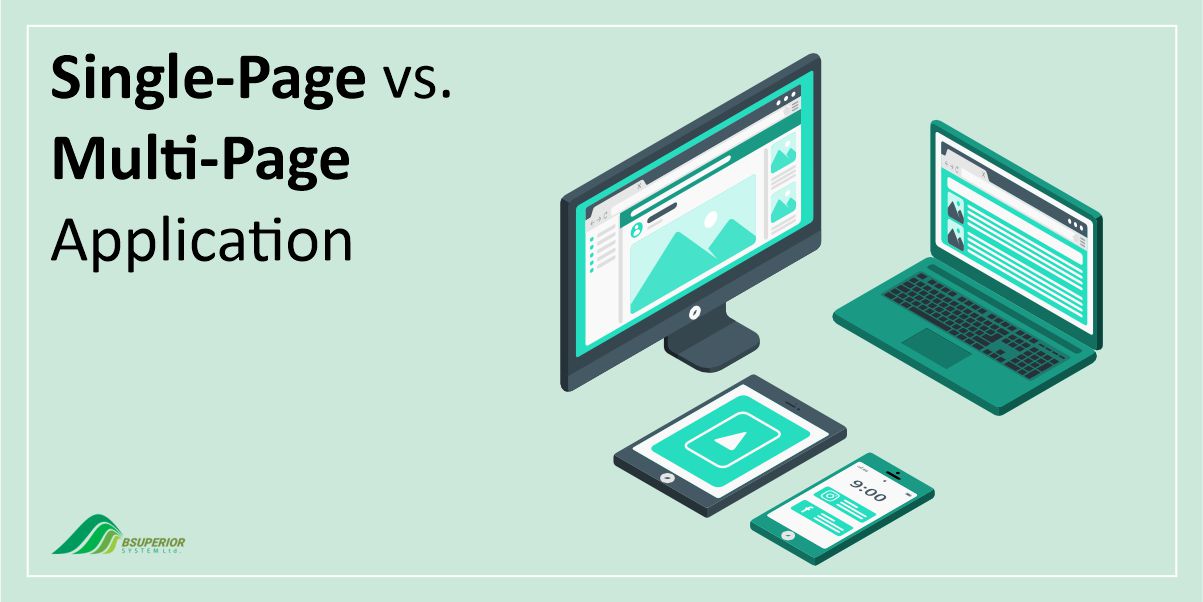Benefits of ERP in Healthcare [To 6 Benefits]
![Benefits of ERP in Healthcare Benefits of ERP in Healthcare [To 6 Benefits]](https://bsuperiorsystem.com/wp-content/uploads/2023/10/Benefits-of-ERP-in-Healthcare.jpg)
Table Of Content
ERP is a technological software solution that integrates various functions and processes of a business into one platform. ERP can help businesses manage their finances, inventory, human resources, customer relations, and more.
But what about healthcare? How can ERP benefit hospitals and other medical facilities? In this blog post, we will explore the application and benefits of ERP in the healthcare industry.
What is ERP?
ERP, Enterprise Resource Planning, is a software system that integrates various business processes and functions into a single platform.
ERP systems can help organizations improve their efficiency, quality, profitability, and compliance by streamlining workflows, reducing costs, enhancing collaboration, and providing insights.
ERP systems typically consist of several modules that cover different aspects of the business operations, such as:
- Financial Management: This module helps manage the accounting, budgeting, billing, and reporting functions of the organization.
- Human Resource Management: This module helps manage the recruitment, training, payroll, benefits, and performance evaluation of the staff.
- Supply Chain Management: This module helps manage the procurement, inventory, distribution, and logistics of the materials and equipment.
- Customer Relationship Management: This module helps manage the marketing, sales, service, and support functions of the organization.
- Project Management: This module helps manage the planning, execution, monitoring, and control of the projects and tasks of the organization.
ERP systems can be customized to suit the specific needs and goals of different industries and organizations. For example, manufacturing ERP is a type of ERP system that is designed for manufacturing companies that produce goods or products.
Another example is education ERP which can enable educational institutions to manage the admission, enrollment, and grading.
Learn More: ERP VS. CRM: WHICH IS THE RIGHT ONE FOR YOU?
What is ERP in Healthcare?
ERP in healthcare is about enhancing communication and coordination among different departments in a healthcare setting. From the front desk to the surgery room, information and resources are transferred smoothly, ensuring that patients get prompt and effective care.
What makes ERP software unique is the automation of data gathering and usage. Through this automation, medical staff can successfully overcome the difficulties often related to fragmented workflows, thus leading to streamlined, efficient process management.
Having said that, the main functions of healthcare ERP solutions typically include:
- Centralizing Information: ERP keeps all vital data, and any department can easily access the information they need. This way, healthcare providers can make quick and informed decisions. Whether it’s about patient care or resource distribution, no time is wasted.
- Promoting Inter-Departmental Collaboration: The system ensures all departments work harmoniously. Sharing data, aligning schedules, and making sure resources are where they need to be.
- Automating Processes: From booking appointments to managing inventory levels, ERP automation ensures efficiency and reduces errors.
- Managing Costs Better: The software helps healthcare providers prevent wastage and ensure responsible resource consumption.
- Improving Vendor and Patient Relations: ERP also handles interactions with vendors and patients, ensuring timely communication and better service.
Why Do Healthcare Organizations Need ERP?
Healthcare is one of the most complex and dynamic industries in the world. It involves multiple stakeholders, such as patients, providers, payers, regulators, suppliers, etc., and multiple processes, such as diagnosis, treatment, billing, inventory, and so on.
Managing these processes efficiently and effectively is crucial for delivering high-quality care and service to the patients. It is also important for ensuring the profitability and sustainability of healthcare organizations.
However, many healthcare organizations face various challenges and problems in managing their business operations, such as:
- Lack of Integration: Many healthcare organizations use different systems and software for different functions and departments, such as accounting, human resources, supply chain, patient management, and clinical management.
These systems are often not compatible or integrated with each other, which can result in data silos, duplication, inconsistency, and errors. - Lack of Visibility: Many healthcare organizations lack a clear and comprehensive view of their performance and resources across the organization.
They have difficulty in accessing and analyzing the data and information from various sources and systems. These issues are likely to lead to poor decision-making, planning, and optimization. - Lack of Flexibility: Many healthcare organizations have rigid and inflexible systems and processes that cannot adapt to the changing needs and demands of the patients, providers, regulators, and markets.
These factors make it quite challenging for healthcare organizations to implement new policies, regulations, standards, and technologies.
To overcome these challenges and problems, many healthcare organizations are turning to ERP systems.
How Does ERP Work in Healthcare?
ERP in healthcare works by integrating various business functions and processes into a single platform. It uses a centralized database that stores and updates all the data and information from different sources and systems.
It also utilizes a common interface that allows users to access and interact with the data and information from different modules and functions.
Read More: ERP VS. MRP: WHAT ARE THE DIFFERENCES AND WHICH ONE DO YOU NEED?
ERP in healthcare works by following these steps:
- Data Collection: ERP in healthcare collects data and information from various sources and systems, such as EHRs, LISs, RISs, PISs, etc. It also collects data and information from external sources, including insurance companies, regulators, and suppliers.
- Data Processing: ERP in healthcare processes the data and information according to predefined rules and algorithms. It performs various functions, such as validation, calculation, and analysis.
- Data Distribution: ERP in healthcare distributes the data and information to various users and stakeholders, including providers, patients, payers, regulators, and suppliers.
- Data Feedback: ERP in healthcare receives feedback from various users and stakeholders. It uses this feedback to improve its performance and functionality.
What are the Benefits of ERP in Healthcare?
ERPs are very useful for hospitals and other kinds of medical clinics. They help healthcare providers use existing technologies to lower costs and improve patient care.
The main benefits of ERP in healthcare are:
Efficient and Automated Operations
ERP in healthcare makes things faster and easier. It keeps everything from patient records to staff schedules in one place so doctors and nurses can get information quickly.
It also helps healthcare centers save resources and provide better care without extra costs. Plus, daily tasks like patient admissions and medication tracking are simpler and quicker for everyone.
Better Patient Care
Healthcare ERP software lets hospitals and other medical facilities create patient databases easily. These include reports, dietary information, patient records, schedules, and more. Having all this data in an ERP makes it easy for both medical staff and patients to access it.
Also, ERPs often have artificial intelligence (AI) and automation. These help doctors and other medical professionals make decisions and treatment plans based on data.
Quick Access to Medical Records
Getting patient data fast when he wants to make an appointment or get other medical information is important for a medical facility’s work and efficiency. Sadly, many of these places still use old systems. And some still have paper patient databases.
Luckily, they are slowly moving to digital solutions. Moving medical records to ERP software greatly improves access to all data and the patient’s comfort.
Lower Operational and Labor Costs
Like with other kinds of businesses, ERPs help hospitals lower operational and labor costs. Better data tracking helps hospital administrators find wasted resources, adjust staffing levels, and cut unnecessary costs.
Also, the HR department can manage payrolls easily with automated calendars and reports.
Improved Financial Planning
Medical ERP systems help hospital accounting and finance professionals handle bills, payroll, tax and expenses, inventory schedules, and medical equipment costs. This helps in making the financial plan and managing profitability.
Regulatory Compliance and Risk Management:
Healthcare ERP solutions make sure they follow regulatory standards for patient data management and medication protocols.
Also, ERP systems strengthen data security, protecting private patient information. Besides, these systems are good at watching and recording important data.
This lets healthcare practitioners focus on giving excellent patient care while the ERP software handles regulatory compliance and risk management well.
Learn More: BEST ERP SOFTWARE FOR THE SMALL MANUFACTURING INDUSTRY
What Components Does a Healthcare ERP Have?
ERP has different modules and sub-modules that work together. Each module has several sub-modules or tools that handle different tasks and projects. Together, modules cover all internal and external operations of the organization.
ERP systems usually have Human Resources, Sales, Finance, Logistics, and Inventory modules. Other modules can be added to the system if your organization has special needs and wants to make some operations automatic. A healthcare ERP can include the following components:
- Electronic Health Record: An ERP system can be easily combined with an EHR which can greatly improve your operational efficiency. It will let you manage the supply chain of your hospital and also analyze and forecast the needs of patients and suppliers.
- Human Resources: This module deals with employee management tasks such as hiring, leaving, timesheets, and benefits management. HR components can make payments automatically, thus lowering human error and time spent on boring tasks.
- Patient Relationships Management: CRM module keeps and organizes generated patient data. It will help you store, access, and manage all important patient information including health records and payments.
- Business Intelligence: This module helps to fix problems related to hospital data gathering, analysis, and report delivery.
- Inventory Management System: This ERP part tracks all the inventory of the hospital and updates your system automatically for the workers to know whether some medicines or other materials are out of stock.
- Financial Management: This part studies and tracks the financial data of the company. It helps to manage the enterprise’s budget, spent costs, and received payments Any other parts can be added to the system as per your needs.
What are the Different Types of Healthcare ERP Systems?
ERP has improved a lot, offering various specialized solutions for the healthcare sector. These systems can be grouped based on how they are implemented and how many functions they cover.
ERP for healthcare organizations can be categorized into the following groups:
- Cloud ERP Systems: Cloud ERP solutions give easy access to data and tools without needing special hardware or in-house infrastructure.
They are available on the cloud, so healthcare professionals can use important data and applications whenever they want with just an internet connection.
The vendor takes care of maintenance, so there is no need for in-house IT staff for support. For healthcare organizations that want efficient operations, this low-cost and no-maintenance solution is perfect. - On-Site Healthcare ERP Systems: On-site (On-Premise) ERP software is set up directly within a healthcare facility’s infrastructure.
These systems work on the organization’s own servers, which means an internal IT team is needed for keeping and updating them.
The main feature is that they don’t depend on an internet connection, and since the organization owns the servers, there’s more control over the data and modules. Bigger healthcare institutions that want more control over their operations usually choose such healthcare ERP implementation. - Hybrid ERP Systems: This solution mixes the benefits of on-site and cloud-based systems, giving healthcare facilities a flexible and adaptable solution.
This method allows for customization in specific areas while also giving the convenience of cloud access for some data.
The cost of keeping a hybrid ERP in healthcare can change based on complexity and is often a good choice for medical facilities that want to move from an on-site to a more cloud-based environment slowly. - Generalist vs. Specialist ERP Systems Generalist ERP systems offer a wide range of features that work for various industries. They give a wider range of tools that can be customized but may not have the same depth in specialized features.
On the other hand, specialist ERP systems are made to meet the specific needs of a certain sector, such as healthcare. By using such a system, healthcare facilities get benefits from features that are designed to deal with their unique problems and workflows.
Healthcare institutions that want to focus on efficiency and customization should think about specialist ERP systems as their first choice. - Small Business Healthcare ERP Systems: Small business ERP systems suit the changing and resource-sensitive environment of growing healthcare facilities.
These systems balance speed and cost-efficiency, giving the key features that help healthcare providers improve operations without spending too much money.
Often cloud-based, this kind of ERP system doesn’t need a big IT infrastructure. The goal is to give a smooth and strong framework that helps medical establishments to increase effectiveness and patient care while being resource-efficient. - Enterprise ERP Systems: Enterprise ERP software fits large-scale healthcare organizations that want to achieve operational excellence and complete data management.
These systems manage a wide range of features, from patient care to supply chain management. With a focus on strength and scalability, enterprise ERP is made to help smooth integration and real-time data analysis.
It gives a central place for information, making the decision-making processes easier across different departments.
What are Some Real Examples of Using ERP in Healthcare?
Below we will also look at three real examples of using ERP in healthcare.
- Cleveland Clinic: This is a large academic medical center that implemented ERP to improve its supply chain management, financial management, and human resource management. The ERP system helped the clinic reduce inventory costs, increase revenue, and streamline workflows.
- St. Joseph Health System: This is a network of 14 hospitals that implemented ERP to integrate its clinical and administrative data. The ERP system helped the health system improve patient care, enhance collaboration, and comply with regulations.
- Children’s Hospital of Philadelphia: This is a pediatric hospital that implemented ERP to optimize its research and innovation activities. The ERP system helped the hospital manage its grants, contracts, and projects more efficiently and effectively.
Final Words
ERP in healthcare improves the communication and coordination among different departments in a healthcare setting. It can help healthcare providers make quick and informed decisions, work harmoniously, automate processes, manage costs better, and improve vendor and patient relations.
If you are interested in implementing ERP in your healthcare facility or learning more about its benefits, please contact us today. We are a leading provider of ERP solutions for healthcare organizations of all sizes. At BSUPERIOR, we offer a range of healthcare software development services and data-driven insights that will help you find the best ERP solution for your needs and goals.
We value your input and believe this content may enhance our services. However, it's under review. If you see room for improvement, please use the "Report an issue" button below. Your feedback helps us excel.
Contact us today at –– and speak with our specialist.




